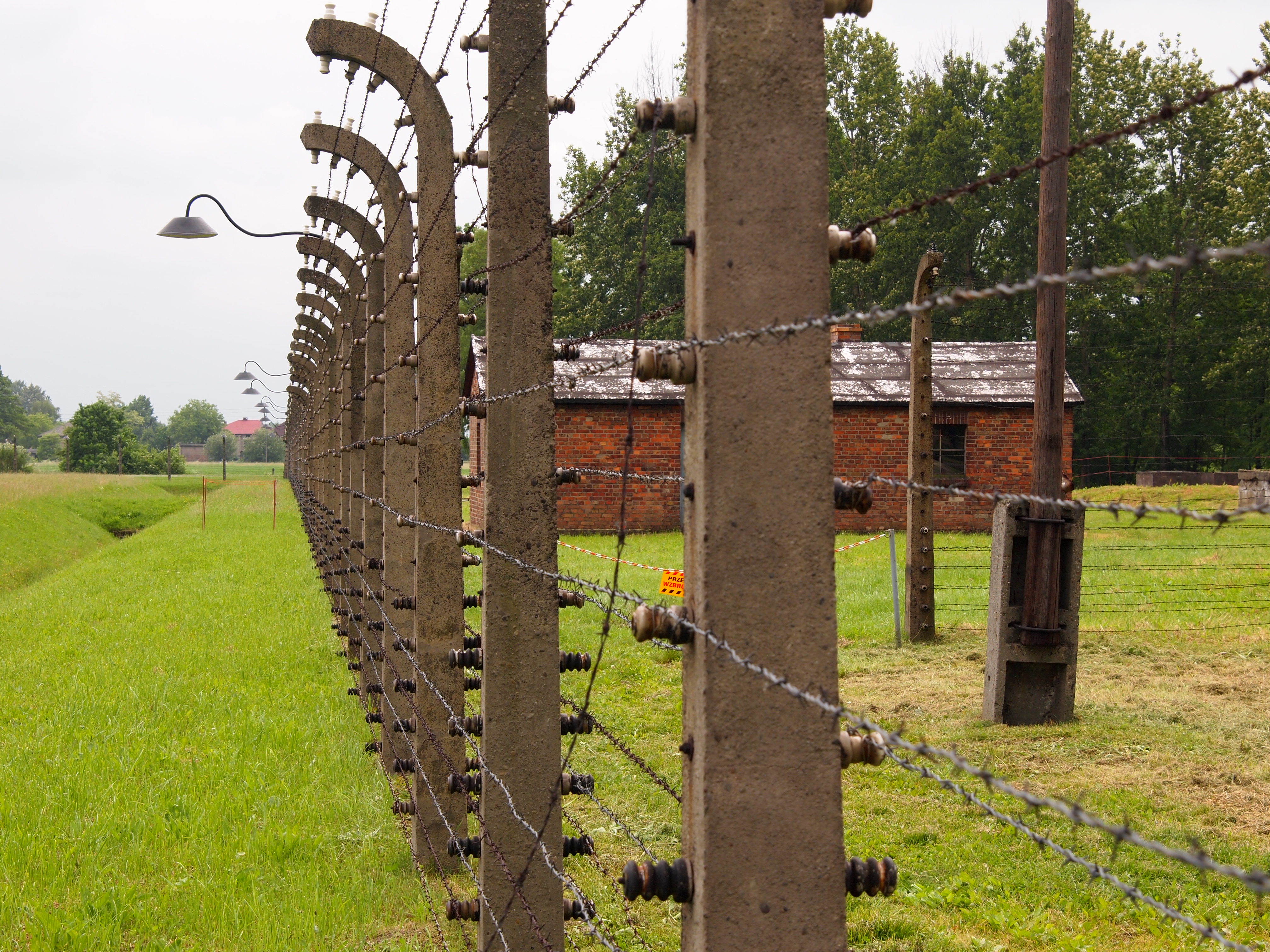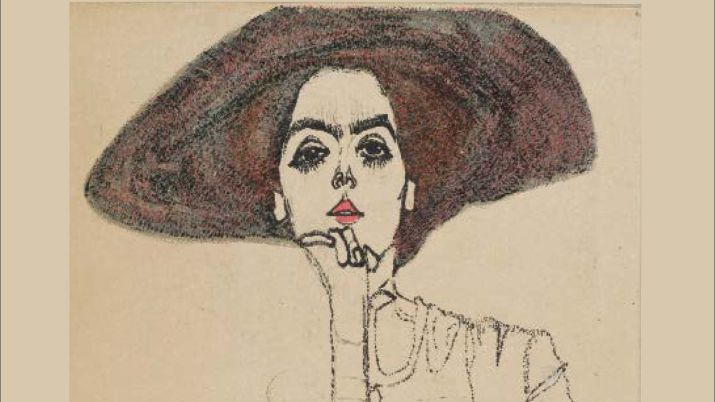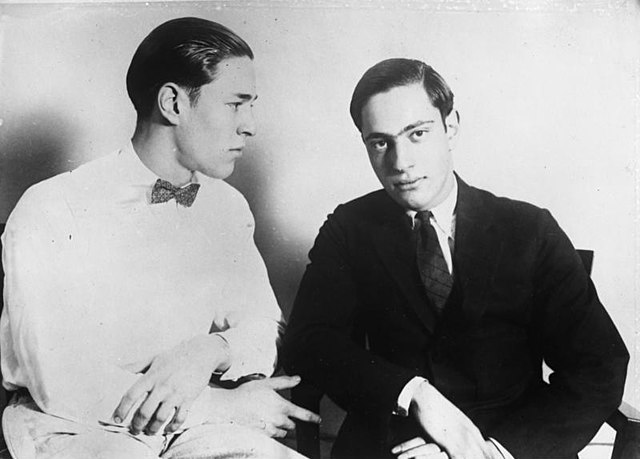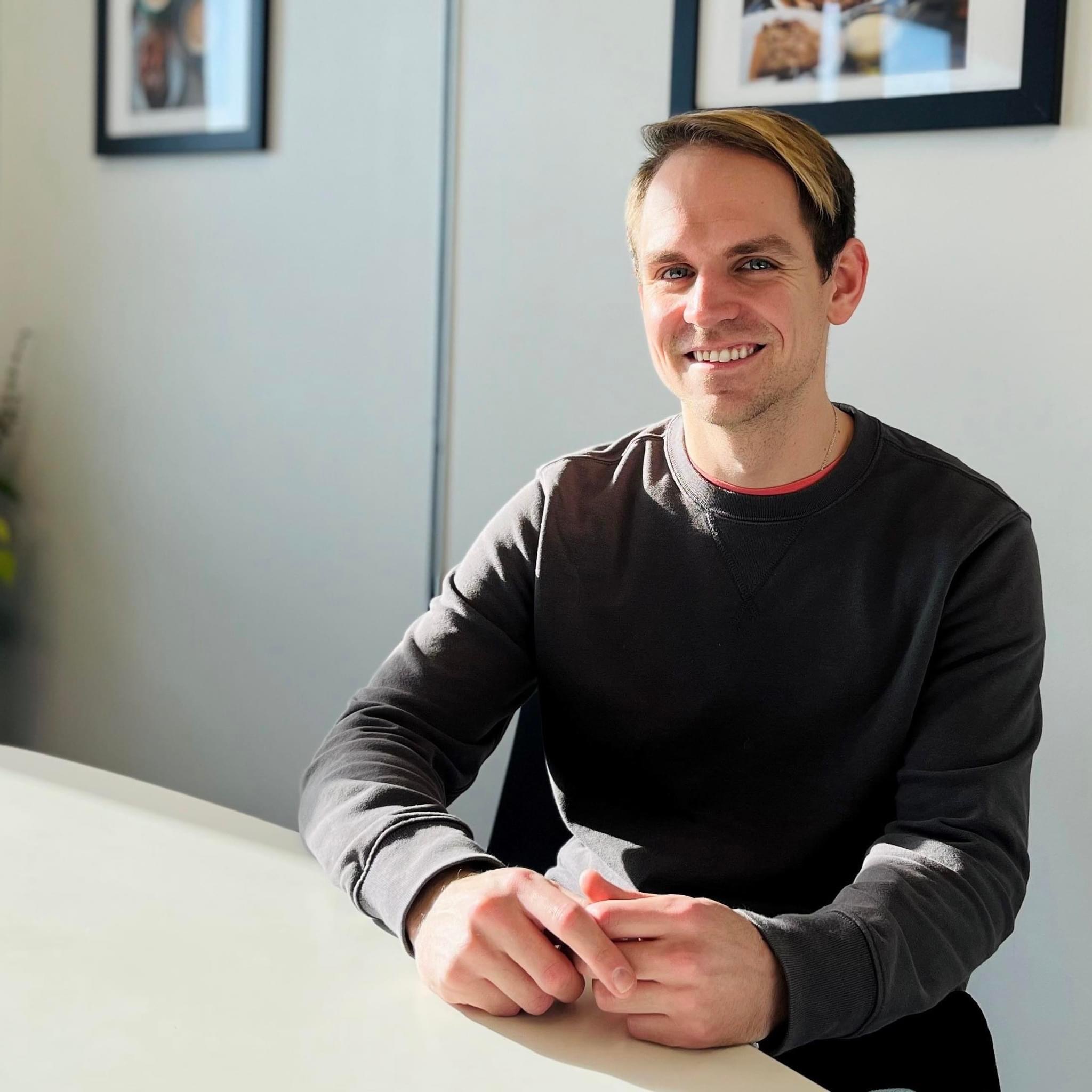

As part of the GERM 426 (“German Representations of the Holocaust”) course in the Department of Central, Eastern and Northern European Studies (CENES), Dr. Uma Kumar has led a research project on “Survivors of the Holocaust from Vancouver – Life & Work,” along with Germanic Studies PhD student Braden Russell, who assisted with the project. This original research was carried out by undergraduate students in the CENES Department who took GERM 426 during the Winter 2019, 2020 and 2021 terms. A glimpse into the background to and motivation for their work can be found in the short interview with Dr. Kumar below.
CENES: What is important and distinctive about doing Holocaust research in 2022?
Uma Kumar: Studying the Holocaust today offers an opportunity to learn about the real dangers of hatred, prejudice, discrimination, and of the dehumanization of individuals. The dangers of antisemitism, racism, homophobia, transphobia, and bigotry are still present today. While Holocaust education can potentially give students an opportunity to learn about these dangers, it also provides a framework to learn about stories of resilience and resistance against these forms of oppression. The multiple shapes and actions of resistance and resilience are themes that these students touch on in their essays.
CENES: Why is it important to focus on local, Vancouver voices and experiences?
UK: Through students’ engagement with the survivor community in Vancouver, students can better understand the effects of the Holocaust on these individuals, their families, friends, and on the community at large. Moreover, they can learn about the impact of transgenerational trauma and come to understand its continuing relevance in our Vancouver community.
CENES: What have been the challenges in this work of late—for you and for students?
UK: Antisemitism and racism which loom large in the background have been a big challenge for both me and the students. It is not possible to study and learn the Holocaust without discussing racist and antisemitic events that take place in the present. Some of the prejudices voiced today against Jewish people and other minorities are almost the same as those we read or listened to in first-hand accounts from the past. The question we asked ourselves in the course was: Have we learned nothing from the past?
CENES: What moment or insight struck you most in these particular testimonies?
UK: The kindness and the compassion amongst those who were incarcerated in the camps. Women and men who supported each other clandestinely made it through.
CENES: What work is left to be done? What has not yet been tended to in contemporary, local Holocaust research?
UK: We need to focus on the voices of child survivors here in Vancouver who are now in their eighties. We need to do research on the associations they formed here locally and look at their legacy.
Learn more about the project and read the articles on the Vancouver Holocaust Education Center website: https://blogs.ubc.ca/holocaustliterature/articles/assignment-survivors-of-the-holocaust-from-vancouver-life-work/
Featured image: “Barbed wire fence at Auschwitz-Birkenau (Oświęcim, Poland 2014)” by paularps is licensed under CC BY 2.0.


